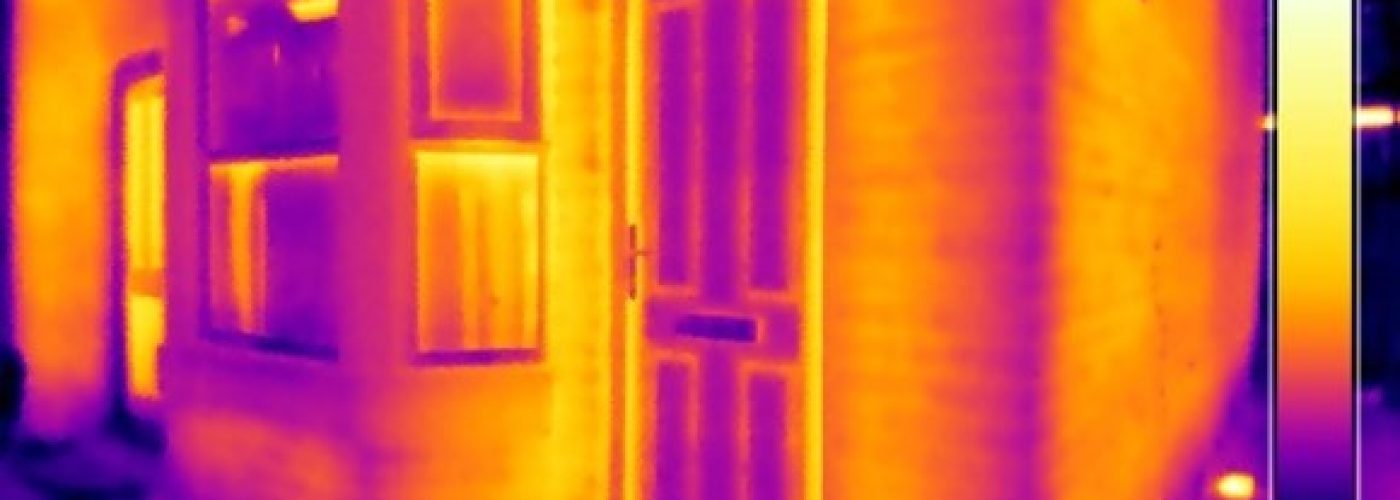Energy experts at Leeds Beckett University are leading a new project to investigate the benefits of using infrared heating systems in homes. The research will inform the UK Government in their mission to achieve Net Zero by 2050.
The research will gather wider data on the effectiveness of different types of infrared heating, to produce recommendations for future infrared heating evaluation field trials. The project is led by Professor David Glew, Director of the Leeds Sustainability Institute (LSI) at Leeds Beckett University, and is a collaboration with the University of Salford.
Professor Glew explained: “Infrared heaters are electric panel heaters which emit a proportion of their heat in the infrared frequency. The theory is that the user can heat the whole house to a lower temperature than normal but still feel comfortable. The aim of this project is to provide robust evidence to investigate if this theory turns to reality in people’s homes, which could result in less energy use, lower fuel bills and fewer carbon emissions”.
The researchers are conducting laboratory tests with 120 volunteer members of the public at the Salford University Energy House, a test house set within an environment chamber. The volunteers are trialling different types of infrared heating systems and describing their experiences of comfort.
Alternative heating systems include air source heat pumps, hydrogen boilers, night storage heaters and electric radiators, and a combination of these may be needed for the UK’s transition to net zero.
The research has received funding of £160,000 from the Department for Energy, Security and Net Zero through its Net Zero Innovation Portfolio/Energy Innovation Programme.
Professor Glew said: “It is important that the Government gets robust, fair, data on all options available for low-carbon heating. We cannot keep using gas – and it is the Government’s aim to stop installing new gas boilers from 2035.
“We are very proud to have been chosen by the Government to lead this project and help the UK answer its Net Zero challenge. We are pleased to be recognised as leading experts in the field of low carbon heating.”
The research will also include a plan for what a large-scale field trial would look like. Using the findings from the first phase of the project, the Government will decide whether to embark on a UK-wide field trial as phase two.
This project builds on the extensive research by the LSI’s Sustainable Behaviour research team, investigating the range of potential future low carbon heating systems.
Research led by Professor Fiona Fylan has investigated what reassurances people want before accepting hydrogen boilers into their homes – alongside a series of hydrogen heating trials. Research by Dr Martin Fletcher has evaluated people’s experiences of switching to using heat pumps. Current research by Dr Kate Morland is exploring whether people would be willing to exchange their boilers for heat pumps, and attempting to understand how to encourage people to use heat pumps more efficiently in their homes.
Building, Design & Construction Magazine | The Choice of Industry Professionals





